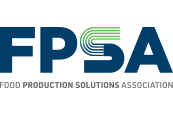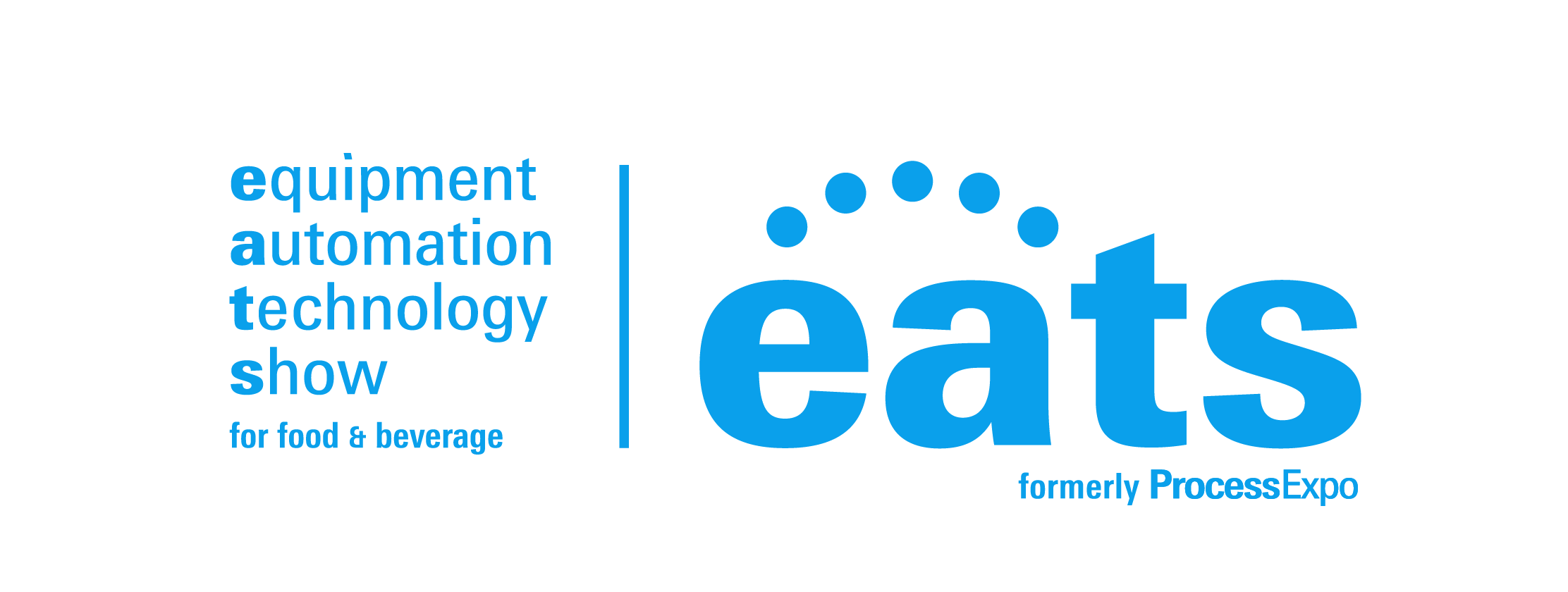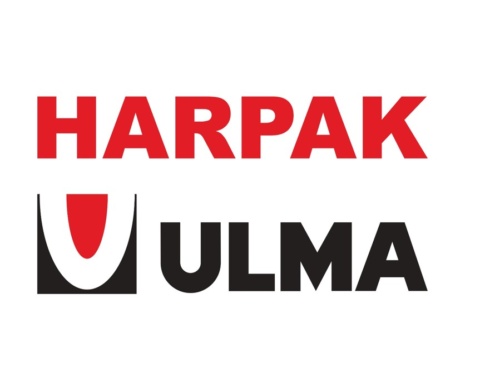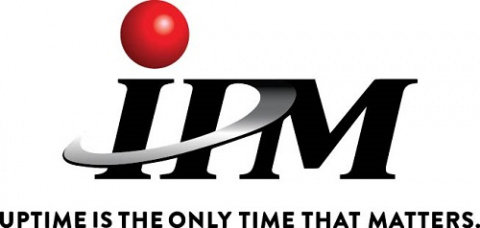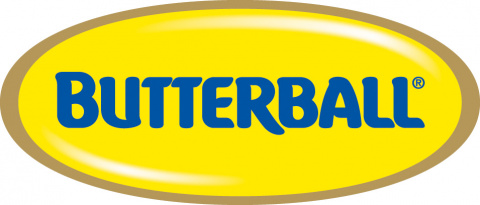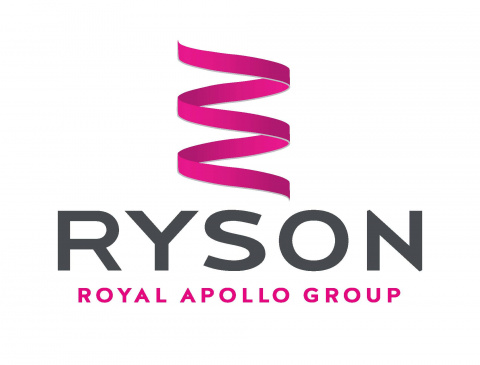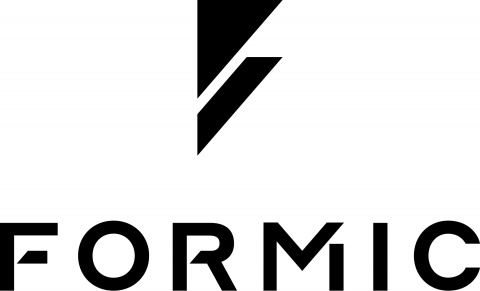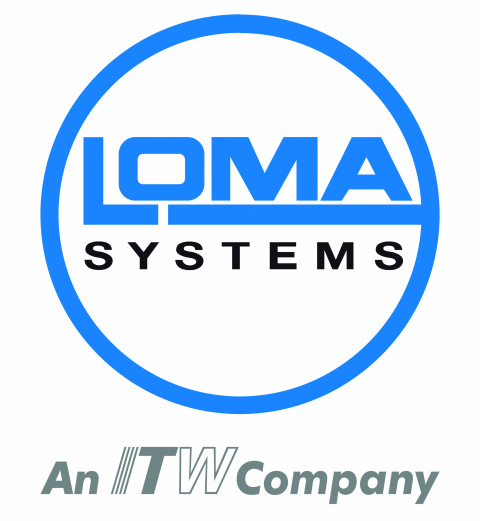
The UK government has insisted there will be no weakening of food standards as part of its trade deal with the United States.
President Donald Trump and Prime Minister Keir Starmer announced the agreement this past week.
A White House fact sheet said the deal will expand U.S. market access in the United Kingdom, including $250 million in agricultural products, including beef. The two parties have agreed reciprocal market access on beef — with UK farmers given a quota for 13,000 metric tons.
“The deal includes billions of dollars of increased market access for American exports, especially in agriculture, dramatically increasing access for American beef, ethanol, and virtually all of the products produced by our great farmers,” said Trump.
Exports for U.S. farmers, ranchers, and producers could also include fruits, vegetables, animal feed, shellfish, and chemicals, according to the U.S. Department of Commerce.
Food standards maintained
Key concerns raised in the UK include “chlorinated chicken” — chicken meat washed with chlorine by some American poultry firms — and hormone-treated beef, which is banned in Europe.
Commenting on X, formerly known as Twitter, Steve Reed, the UK’s Secretary of State for the Environment, Food and Rural Affairs, said: “Labour promised to uphold the highest agricultural standards which is exactly what the U.S. trade deal does. The deal we’ve signed will protect British farmers and uphold our high animal welfare and environmental standards. Imports of hormone treated beef and chlorinated chicken remain illegal. Any agricultural imports coming into the UK will have to meet our high food sanitary and phytosanitary (SPS) standards.”
Tom Bradshaw, National Farmers Union president, said the group appreciates the government listening to concerns around maintaining high standards.
“We have worked tirelessly on behalf of British agriculture, engaging closely with the UK government to ensure our farmers receive a fair and balanced outcome within this deal and that the public is not exposed to lower standard produce,” Bradshaw said.
Chris Elliott, chair of food safety at Queen’s University Belfast (QUB), said there are a number of hormones, mainly anabolic steroids that are classified as growth promoters.
“Testing for the presence of the hormones can be done but it’s extremely difficult and requires very expensive equipment and the cost per test would runs into many hundreds of pounds. There has previously been evidence that meat claimed as hormone free was in fact treated with anabolic steroids,” Elliott said
Guy Poppy, from the University of Bristol, said the use of chlorine washes to ensure chickens are safe to eat is a difference between how the U.S. and the EU regulate food.
“The U.S. uses product-based approach while the EU and UK use a process-based one – i.e. consideration of the process we use to ensure safety rather than the end outcome. If done correctly the end product, chicken, is equally safe, but the system we currently use involves several steps in how chickens are produced throughout the rearing and preparation of the chicken for sale – as opposed to the U.S. system which uses chlorine to disinfect the chicken prior to retail. Both systems are used to reduce/eliminate the number of microorganisms in the chicken which can make us ill,” Poppy said.
The UK also recently concluded a deal with India — the first Free Trade Agreement under the Labour government.
The government said it had upheld UK food standards and maintained animal welfare commitments.
“Imports will still have to meet the same respective UK and Indian food safety and biosecurity standards. The chapter will also protect our regulatory autonomy to set our own, independent standards, ensuring the UK can continue to uphold our high level of protection for human, animal and plant health.”
(To sign up for a free subscription to Food Safety News, click here)
